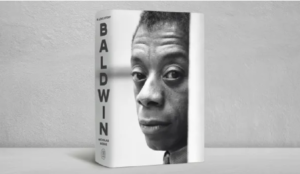The Paris Olympic Village for the 2024 Games has imposed strict measures on the Grindr app, limiting its geolocation features to protect athletes’ privacy amidst ongoing concerns about safety for queer participants.
A decision to restrict Grindr’s geolocation feature during the Olympics has been made but is not unprecedented. Similar measures were enforced at previous Games to curtail the risk of athletes being outed. The issue gained significant attention in 2016 when a US news outlet, The Daily Beast, published an article that potentially revealed the identities of gay athletes during the Rio Games. Despite the article’s revision and subsequent removal, the damage had been done for many athletes from countries with stringent anti-gay laws, leading to a significant backlash.
A post on X, formerly known as Twitter, has highlighted the current restrictions, showing no profiles available when an attempt was made to find users in the Olympic Village. The Paris 2024 organising committee confirmed that dating apps remain accessible within the village, though geolocation functionalities have been deactivated by the app publisher, Grindr.
Jack Harrison-Quintan, Grindr’s Head of Equality, articulated during the Beijing Winter Olympics in 2022 the reasons behind these actions. He emphasised that the intention is to create a safe environment for queer athletes to connect without fear of exposure.
In previous Games, such as in London 2012, the app crashed shortly after athletes arrived, likely due to a surge in usage. This event underscored the high demand and popularity of the app among Olympians, which in turn highlighted the risks associated with its geolocation features.
Aside from app restrictions, another notable topic at the 2024 Games has been the athletes’ beds made from cardboard. This concept was first introduced in the 2020 Tokyo Olympics and has resurfaced in Paris, prompting speculation that the design aimed to discourage sexual activity among athletes. However, Olympic organisers have dismissed these rumours, asserting that the cardboard beds symbolize a commitment to sustainability rather than any attempt to regulate athletes’ private lives.




















